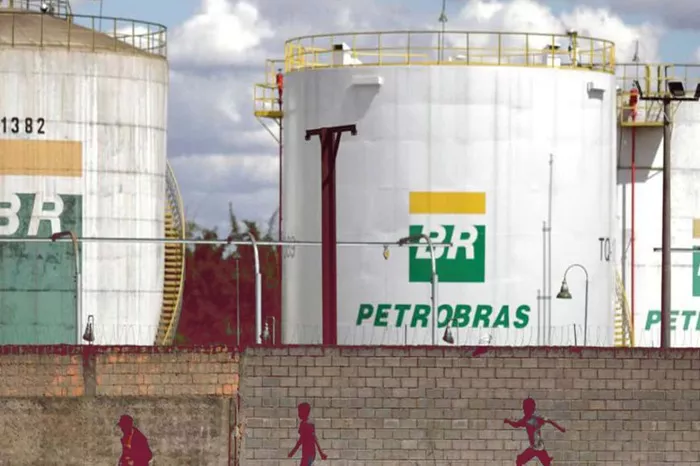Brazilian oil giant Petrobras, in partnership with Colombia’s state-run Ecopetrol, has unveiled the largest natural gas discovery in Colombia’s history. The Sirius-2 well, located in the Guajira Offshore Basin, has revealed more than 6 trillion cubic feet (Tcf) of gas in place—an amount large enough to potentially double the country’s current reserves. Petrobras holds a 44.44% stake in the consortium, while Ecopetrol owns 55.56%.
Previously known as the Uchuva-1 and Uchuva-2 wells, Sirius-1 and Sirius-2 have generated significant interest. Petrobras operates the wells through its subsidiary, Petrobras International Braspetro B.V., and has partnered with Ecopetrol, Colombia’s national oil and gas company.
The discovery comes at a crucial time for Colombia, as its gas production has been in decline, and key energy projects have been delayed. The country is facing a looming supply gap, with domestic demand expected to exceed available resources by 2025. If left unaddressed, Colombia could face a 30% energy shortfall by 2026.
While the Sirius find offers a potential solution, Petrobras has cautioned that further testing and analysis are required to assess the commercial viability of the reserves.
In addition to supply challenges, Colombia’s oil and gas sector faces security threats, particularly from the ELN guerrilla group. Since August, 14 pipeline attacks have disrupted operations, threatening revenue and hindering production. Ecopetrol has warned that these attacks could undermine fuel supplies to the country’s major refineries.
Further complicating the landscape, Colombia’s energy industry is navigating a shifting policy environment under President Gustavo Petro, who advocates for a transition away from fossil fuels.
If the Sirius discovery is developed successfully, it could bolster Colombia’s energy future, but the project will need to overcome political, environmental, and security obstacles.
Related topic:
Angola Secures Major Natural Gas Deal to Boost Energy Production

